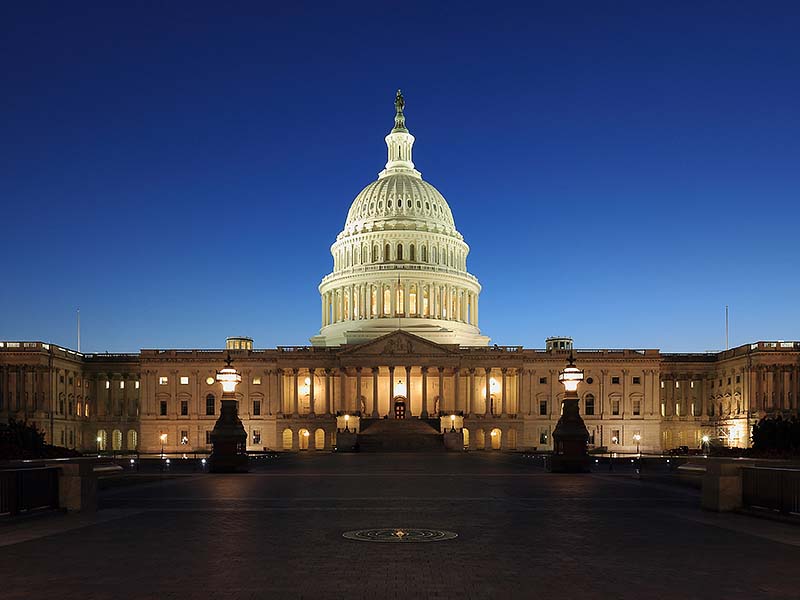Source: www.persecution.org
Date: January 31, 2023

Washington, D.C. (International Christian Concern)—The 2023 International Religious Freedom (IRF) Summit brings together a broad coalition that passionately supports religious freedom around the globe for a two-day event in Washington, D.C., running from Jan. 31 to Feb. 1.
For much of the conference, participants will attend breakout sessions to learn about topics pertaining to IRF from some of the leading advocates for global religious freedom. Event speakers come from across a broad spectrum of religious, political, and national backgrounds.
These sessions seek to equip individuals to stand up for international religious freedom amid conflict.
“We must work to understand the warning signs of violence,” said ICC President Jeff King. “Identifying patterns from past human rights violations can help to quickly identify and stop their reoccurrence. Raising awareness while the atrocities are ongoing is a critical step in bringing the violence to an end.”
Both ICC and the IRF Summit seek to bring attention to the plight of persecuted individuals and groups with a collective effort to grow the global movement for religious freedom. One of the primary ways to achieve this goal is to call out those who impede religious freedom for all.
“Many countries have laws that explicitly limit religious freedom,” said ICC senior advocacy manager Jay Church, “but others enforce limitations that exist outside the official code. These can sometimes be harder to identify but are just as harmful to those who live under them.”
International Christian Concern will participate in the event for the third consecutive year. At the 2022 IRF Summit, ICC released its Persecutor of the Year Awards report, a comprehensive, 150-page report detailing the world’s worst persecutors.
What to Expect
The IRF Summit features four important topics: defending, documenting, developing, and denying religious freedom.
Defending: The sessions will highlight topics such as Religious Freedom and Diversity: Ethnoreligious Violence in South Asia and What to Do About It, and What is Religious Freedom, and What is It Not? The series will host a workshop on effective congressional advocacy, which will be delivered by USCIRF Commissioner and former U.S. Representative Frank Wolf.
Denial: The sessions on the denial of international religious freedom will also include discussion groups, each of which will highlight ways that state and non-state actors commonly violate an individual’s right to religious freedom. Topics will include anti-apostasy and anti-blasphemy laws, authoritarian overreach, conflict situations, arbitrary detention, and other forms of persecution.
Documenting: The summit also covers the documentation of international religious freedom violations. This portion of the summit will consist of three sessions on documenting the before, during, and after of religious freedom violations, especially in times of genocide and extreme religious violence. Once the violence has stopped, documentation is an important part of supporting victims in the aftermath. Documentation plays a key role in responding to religious violence through every stage.
Developing: The session on developing IRF will focus on education and dialogue that can provide strategies for building effective multi-faith collations and creating opportunities for peace-building. This will include perspectives from the co-founders of the Multi-Faith Neighbors Network and a session on the Punta del Este Declaration, among other topics.
HOW TO PRAY: Pray for a lasting impact to come from this event. Pray for strength for those who stand up for religious freedom. Pray for this event to shine a brighter light on the importance of religious freedom.
